
Rother residents will soon be able to receive financial support if they are asked to self-isolate by NHS test and trace.
The government-backed scheme will see some residents able to claim a £500 payment, if they have been told to self-isolate by the NHS as a result of Covid-19 and doing so would adversely affect their income.
The scheme is to be administered by Rother District Council, which has also been granted funding to run its own discretionary scheme, through which it could give financial support to people who do not fit the criteria set by the government.
But cabinet member for finance Kevin Dixon warned that the money from government may not go far enough should Rother see a second surge of coronavirus cases.
Speaking at a cabinet meeting on Friday (October 9), Cllr Dixon said:
“I saw yesterday a table which showed Rother is the seventh lowest council area in the country for covid cases, which either means one of two things.
“It either means we are doing very, very well and we’re going to escape or we haven’t had our second surge yet and it’s coming.
“On that basis the money we are talking about today isn’t very much money.”
So far Rother District Council has been given £39,000 to run the government scheme and a little over £23,500 to run its own discretionary scheme. The council says this means the discretionary scheme could only help 47 people at most and it would likely have to be distributed on a first come, first served basis.
Cllr Dixon said it was uncertain whether further funding would come forward for either scheme, with the future funding of the discretionary scheme “more of a worry”.
He said:
“I think we need to be prepared and to understand what we are going to do when that money runs out.
“I think we should certainly lobby government, but I would also be asking cabinet to see if we could lobby our MPs to get some more help, because if it is true that we are going to get a large increase [in cases] … this money will not last very long.”
The government-backed scheme has a set of strict criteria for eligibility.
First of all the person must have been asked to self-isolate by NHS Test and Trace, either because they have tested positive for coronavirus or they have recently been in close contact with someone who has.
They must also be employed or self-employed, unable to work from home and will lose income as a result.
Finally, they must also be currently receiving one of the following benefits: Universal Credit; Working Tax Credit; income-related Employment and Support Allowance; income based Jobseeker’s Allowance; Income Support; Housing Benefit; or Pension Credit
Residents can make a claim up to 14 days after their period of self-isolation ends.
Rother says the current funding could support up to 78 households at £500 each, although more funding may come forward if needed.
The discretionary scheme will be open to a larger number of residents and will essentially be used to cover the payments of people on low pay, but who do not receive some form of benefits.
It will only be open to people who earn between £80 and £290 per week, are unable to work from home, will lose income and do not have more than £3,000 of capital.
Again, the discretionary scheme will only be open to people who have been told to self-isolate by the NHS.
Details of how to apply are expected to come forward in the coming days.

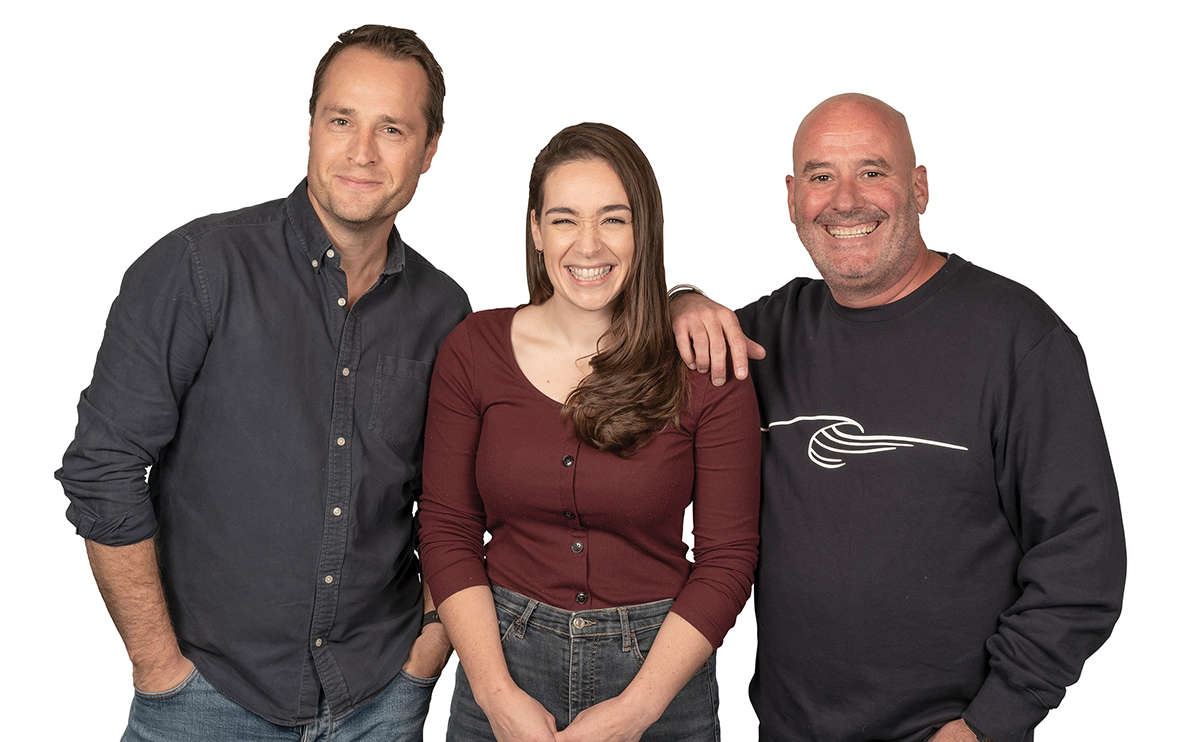
 Meet The Southern Train Driver Magistrate Delivering Justice In Sussex
Meet The Southern Train Driver Magistrate Delivering Justice In Sussex
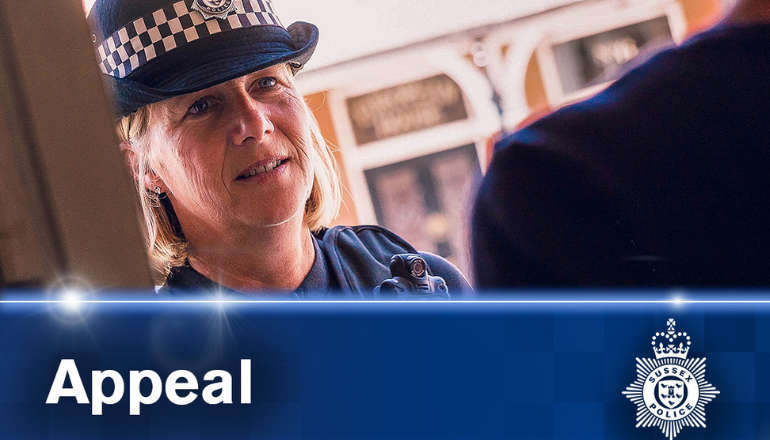 Witnesses Sought Following House Fire In Eastbourne
Witnesses Sought Following House Fire In Eastbourne
 University Of Brighton Recognised As Top Sports Education Provider
University Of Brighton Recognised As Top Sports Education Provider
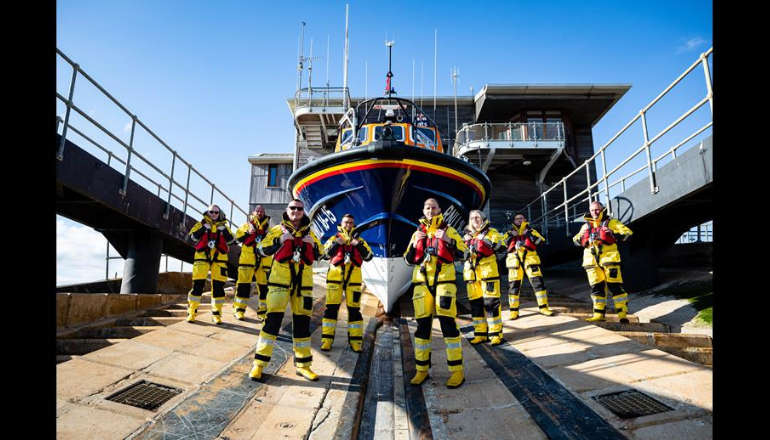 Shoreham Harbour RNLI Opens Recruitment For Boat Crew Volunteers
Shoreham Harbour RNLI Opens Recruitment For Boat Crew Volunteers
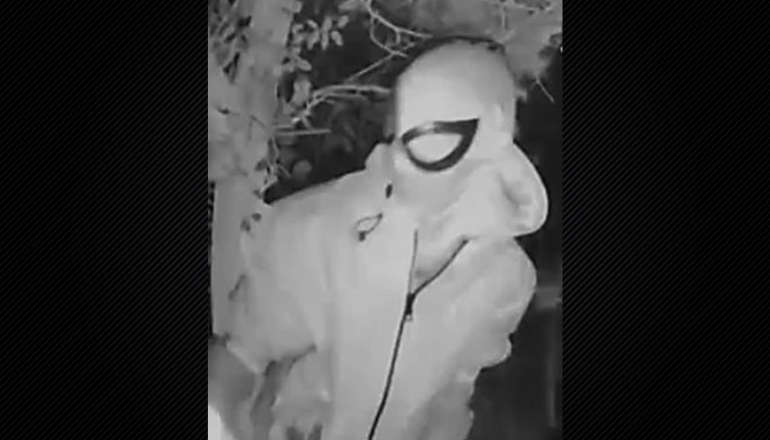 Eastbourne man admits stalking woman in Hailsham
Eastbourne man admits stalking woman in Hailsham
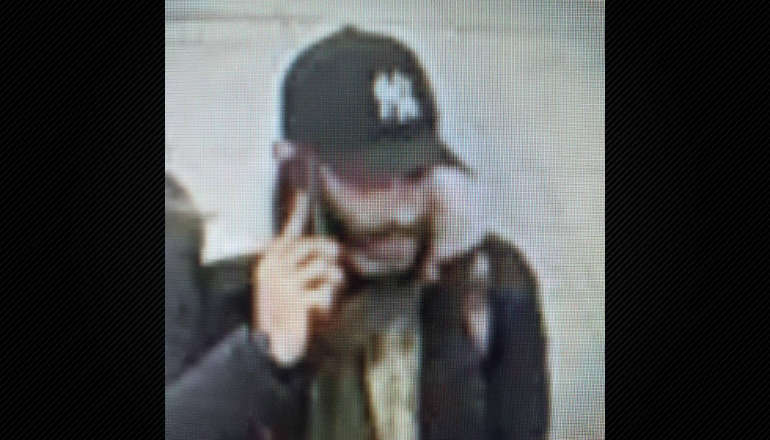 CCTV Appeal After Luggage Stolen From Gatwick
CCTV Appeal After Luggage Stolen From Gatwick
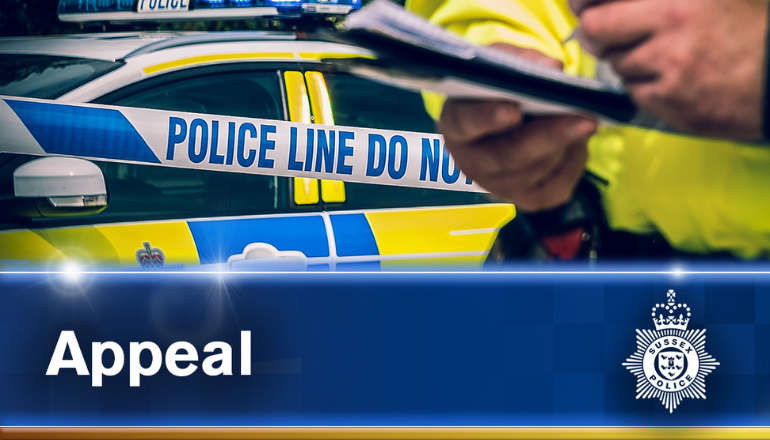 Appeal After Boy Seriously Injured In Firle Collision
Appeal After Boy Seriously Injured In Firle Collision
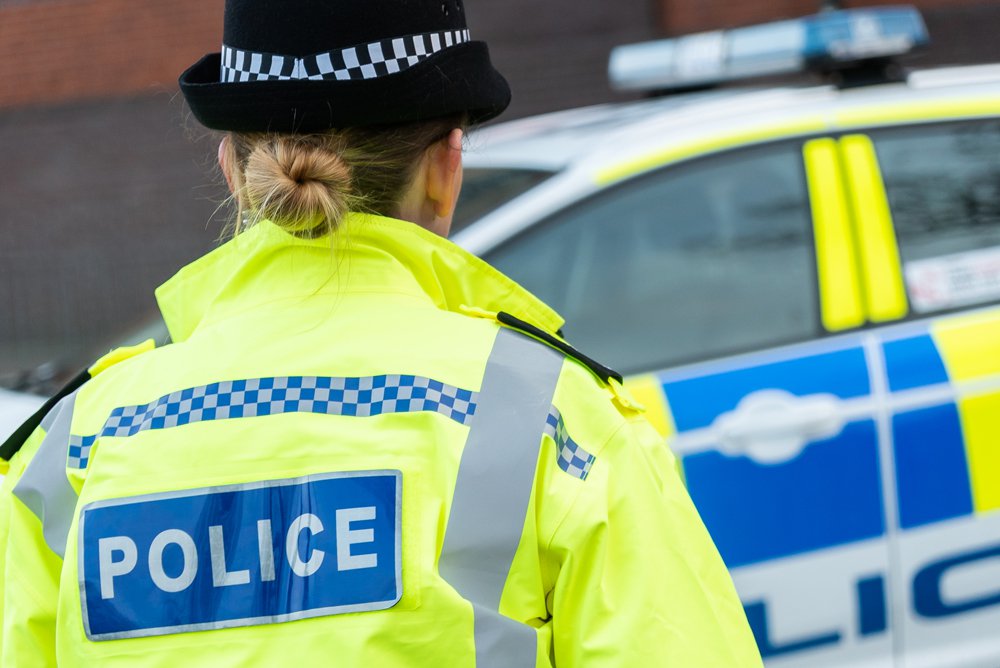 Boy Charged After Knife Incident On Brighton Bus
Boy Charged After Knife Incident On Brighton Bus
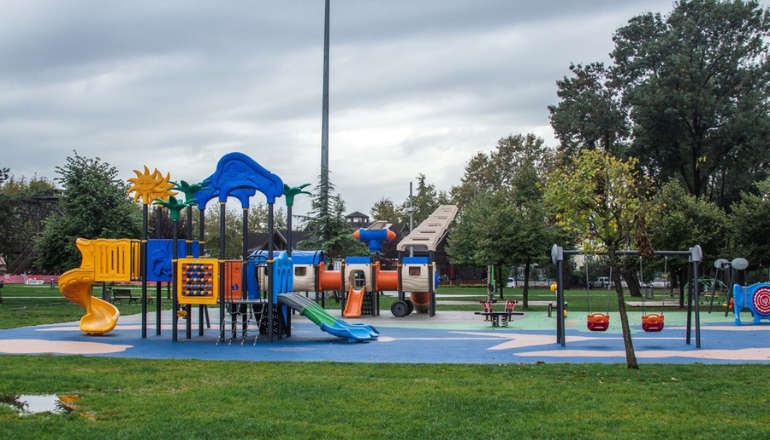 Play Area Refurbishment In Chichester Moves A Step Forward
Play Area Refurbishment In Chichester Moves A Step Forward
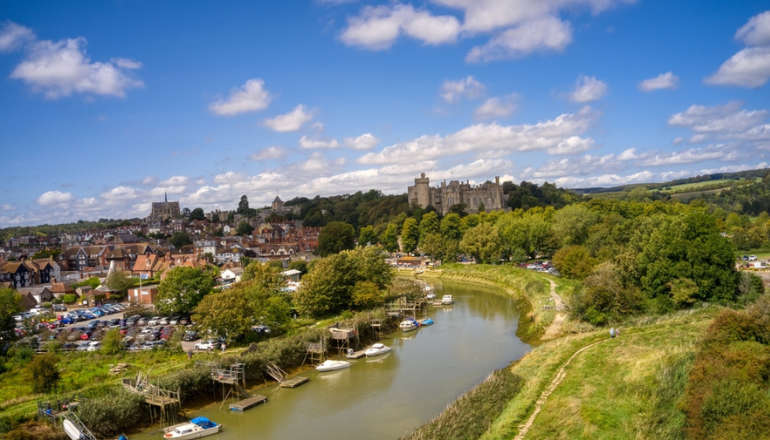 Captivating Water Projection And Light Show To Be Held At Arundel Lido
Captivating Water Projection And Light Show To Be Held At Arundel Lido
Comments
Add a comment